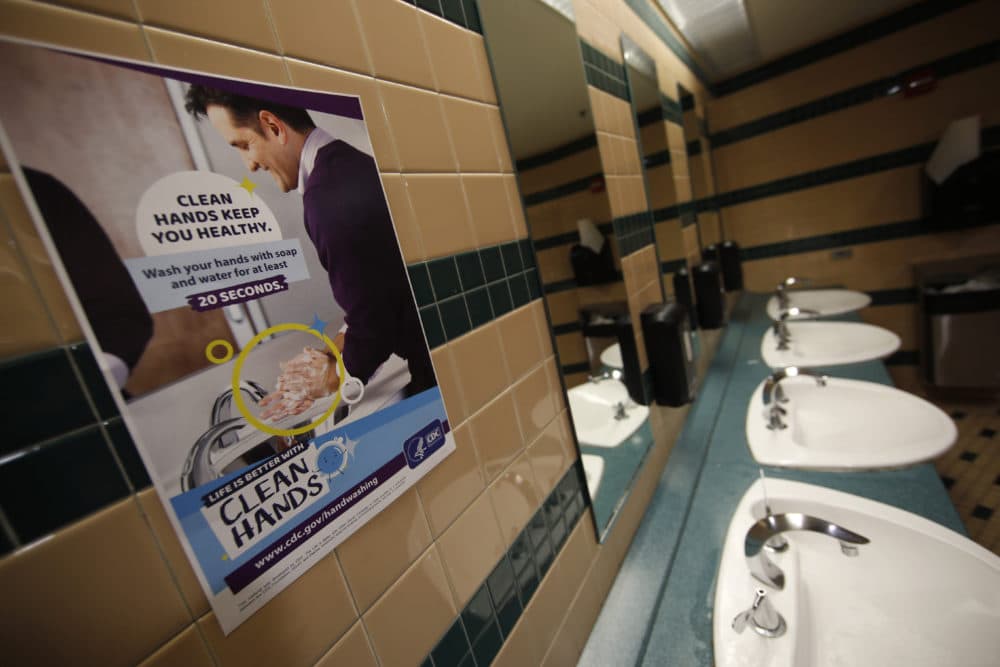Advertisement
Detroit Restores Water To Thousands As COVID-19 Continues To Spread
Resume
The city of Detroit hopes to temporarily restore running water to thousands of households who have been disconnected due to unpaid bills, but it’s not as simple as flipping a switch.
This action comes on the heels of public outcry over the lack of water — an issue that’s persisted in the city for years — posing a serious public health threat amidst the ongoing COVID-19 pandemic. Atlanta and Seattle also announced similar water shutoff suspensions.
Detroit is encouraging people to contact a local nonprofit that’s working with the city’s Water and Sewerage Department to facilitate the turn-ons, Dr. Abdul El-Sayed says. Then, residents receive a 30-day reprieve and start a monthly payment plan with a capped fee, he says.
The system went into effect this week but it requires people to reach out, which El-Sayed says is a challenge. The former executive director of the Detroit Public Health Department questions if people at the highest risk of having their water shut off will hear the call out.
“Putting more and more steps in the process ... all it does is create an extra barrier,” he says. “What I would like to see is the water just being turned on anyway and then working with people to facilitate keeping it on.”
If residents can’t afford the $25 monthly payment, they’re at risk of losing access to water again. El-Sayed says people need to reflect on living in a society where our poorest citizens can lose access to basic needs like water because they can’t pay for it.
Michigan — known as the Great Lake State — is home to 21% of the world’s freshwater, so a shortage of water isn’t the problem, he adds. He says it’s sad a pandemic like COVID-19 had to force the city and state government to deal with this issue.
“It does call out the broader system of insecurity that so many people live in that really flexes on people with poverty all the time,” he says.
El-Sayed has witnessed what Detroit residents without water go through first-hand. When he once walked into the home of a woman who had lost her baby, he asked to use the bathroom.
He pushed the button to flush the toilet but didn’t hear a flush. Looking over at the sink, he saw a line of water bottles.
“Some families are dealing with it just like this, using water bottles, as did families in Flint,” he says. “Another example of what happens when you put austerity ahead of basic human rights.”
To help vulnerable people as the spread of coronavirus continues, El-Sayed says we have to remember the economic consequences of the pandemic will most impact those in need.
For example, restaurant servers will see their income decline if fewer people are going out to eat and leaving tips. Some parents are left without childcare when schools close, and many kids rely on public school for both breakfast and lunch.
Implementing a basic set of services could help people who don’t benefit from the privilege of working a 9 to 5 job, he says.
“That kind of public policy means really putting ourselves in people's shoes, asking how they live,” he says, “and how we make sure that they're whole in the context of a society-wide response to a very dangerous disease.”
Marcelle Hutchins produced and edited this interview for broadcast with Tinku Ray. Allison Hagan adapted it for the web.
This segment aired on March 12, 2020.

